Staying Fit

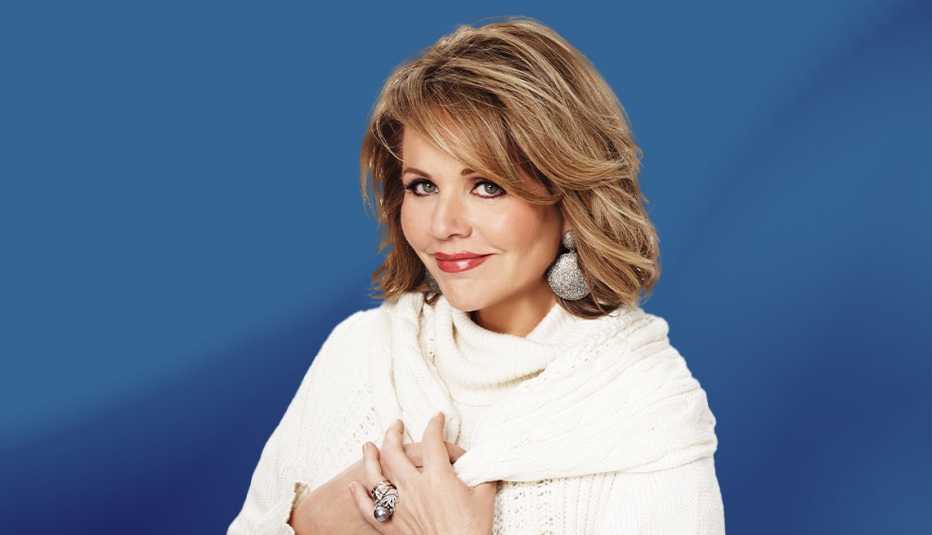
As artistic advisor-at-large for the John F. Kennedy Center for the Performing Arts, acclaimed opera singer Renée Fleming, 65, spearheads the Sound Health Network, a collaboration with the National Institutes of Health that explores how music and the arts affect the brain. To highlight the music-brain connection, Fleming has edited Music and Mind: Harnessing the Arts for Health and Wellness, which features essays from leading scientists, artists, educators and health care providers. Here, she shares with AARP the music that resonates with her, how she quiets her mind for sleep and the goals she wants to accomplish before she retires.
This interview has been edited for length and clarity.

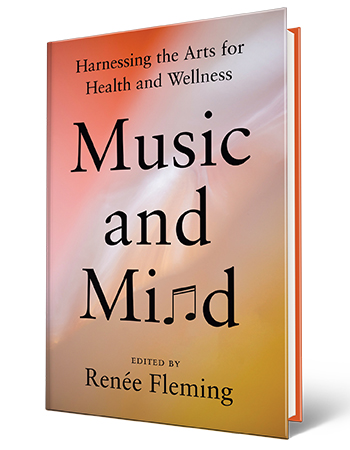
When did you first become aware of the powerful music-brain connection?
It was [when I first met] Deepak Chopra. He said, “You’re so fortunate, because every time you sing, you’re stimulating the vagus nerve.” Of course I had to go and look up “What’s the vagus nerve?” [Vagus nerves carry signals between the brain, heart and digestive system.] But it made me realize that when I sing and I’m singing well, I feel wonderful. I’m in the zone. I am in a flow state, and the communication with the audience is something that I really treasure, and it’s powerful.
What music have you noticed gives you that mind-body connection?
Well, I’ve always found folk music to be extremely powerful. I have often wondered, What are the elements in folk music? I’m talking about Appalachian folk music and music that’s been around for a long time. Sometimes I think it’s the [unique musical] instruments that have that power, because of the vibration that they send out to us.
You’ve performed in venues around the world. Is there one special place where you’ve loved singing?
Oh gosh, there are so many. I love my travel life, and I’m still touring like crazy. I enjoy that. There’s no favorite place. I would say over time it has something to do with the quality of the concert halls or the opera houses that I’ve performed in. Sometimes it’s the history; sometimes it’s the acoustical quality. For many years, I said my favorite place is the Metropolitan Opera because I could be home with my children. To do what I do and have children is always a challenge … but now they’re adults on opposite ends of the country — one’s in New York and one’s in L.A.






























































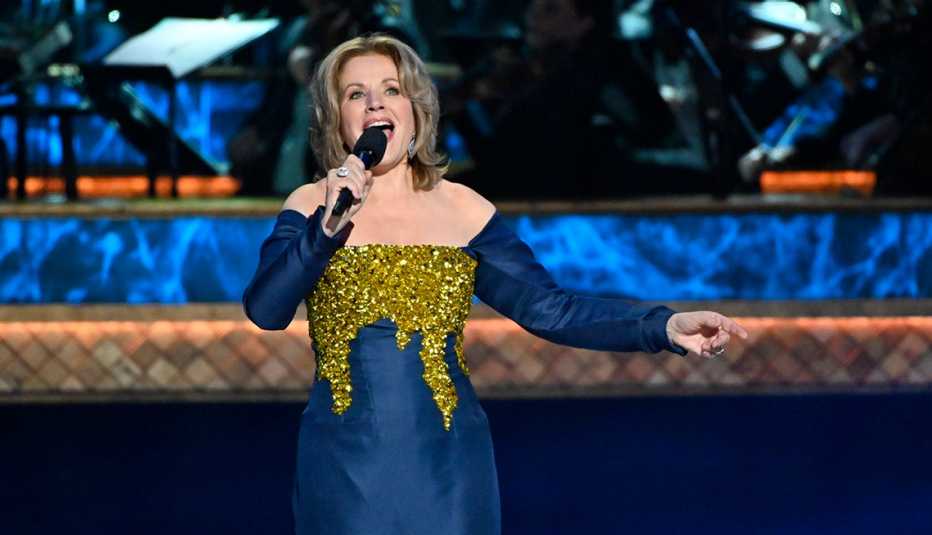
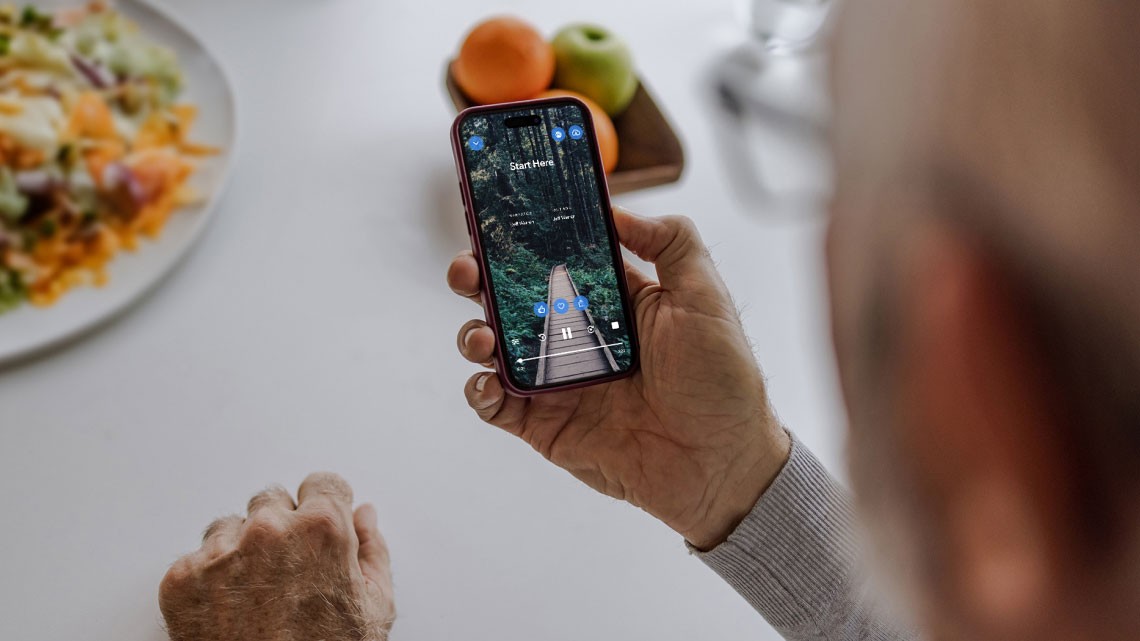
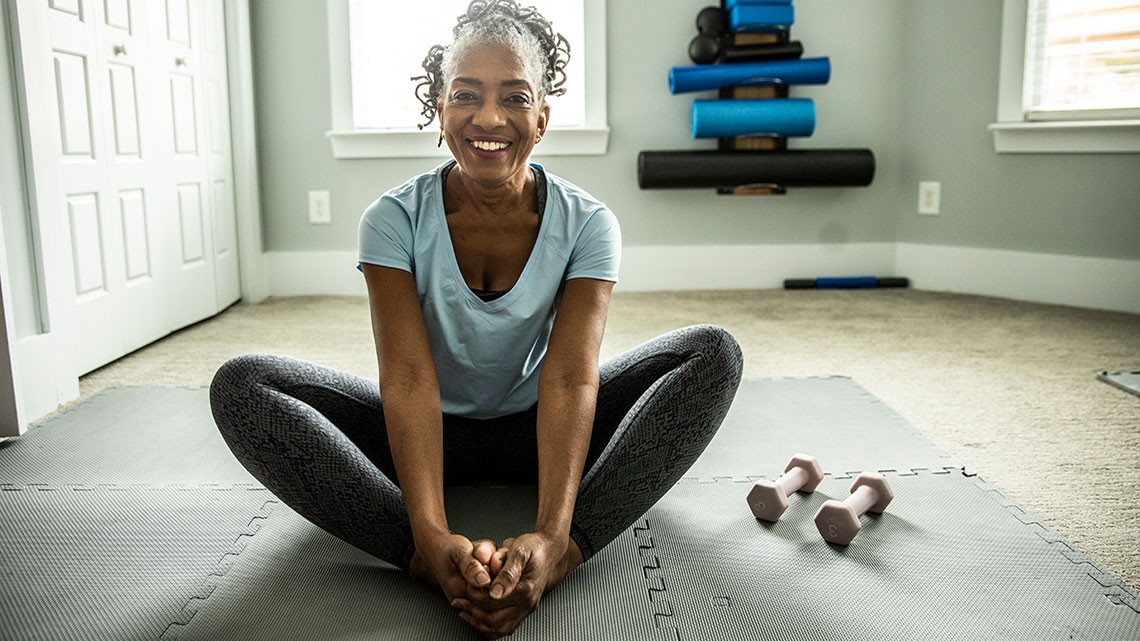
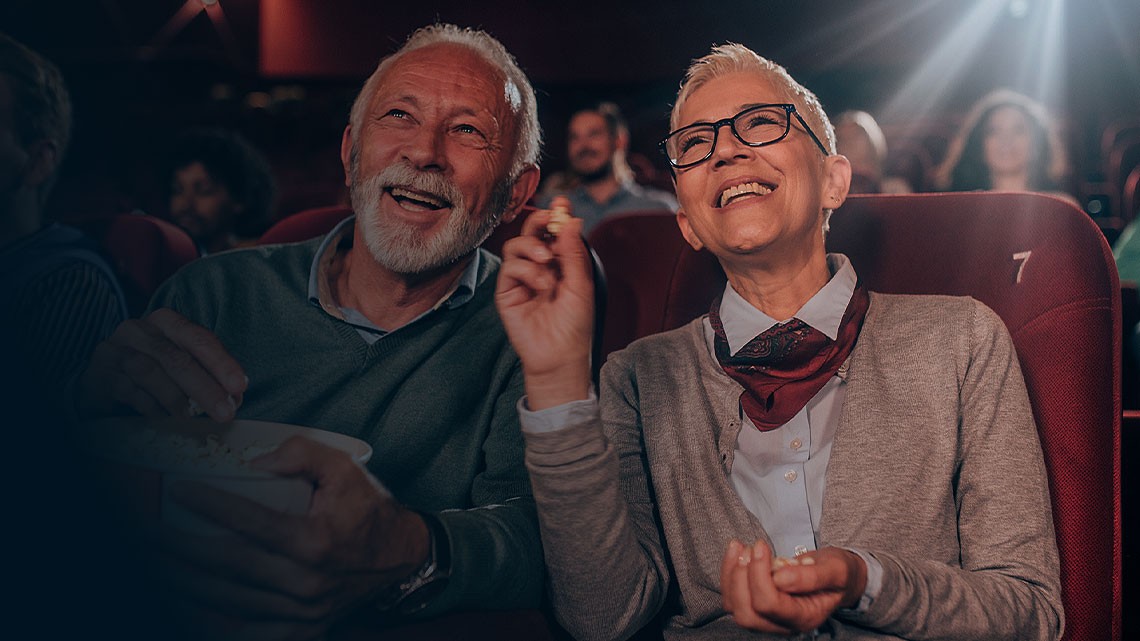

You Might Also Like
Margaret Cho Quick Questions
Actress-comedian discusses 40-year career, the power of meditation and keeping fit in her 50s
Sheila E. Quick Questions
Legendary percussionist and singer talks new salsa album, ‘Bailar,’ missing Prince and career challenges
Lisa Ann Walter Quick Questions
Actress talks teacher who inspired her, winning ‘Celebrity Jeopardy!’ and the joy of making people laugh
All Quick Questions Interviews
Read exclusive interviews with the biggest names in Hollywood, best-selling authors and more high-profile personalities in our Quick Questions series
More Members Only Access
Watch documentaries and tutorials, test your knowledge with our quizzes, read interviews and much more exclusively for members
Recommended for You